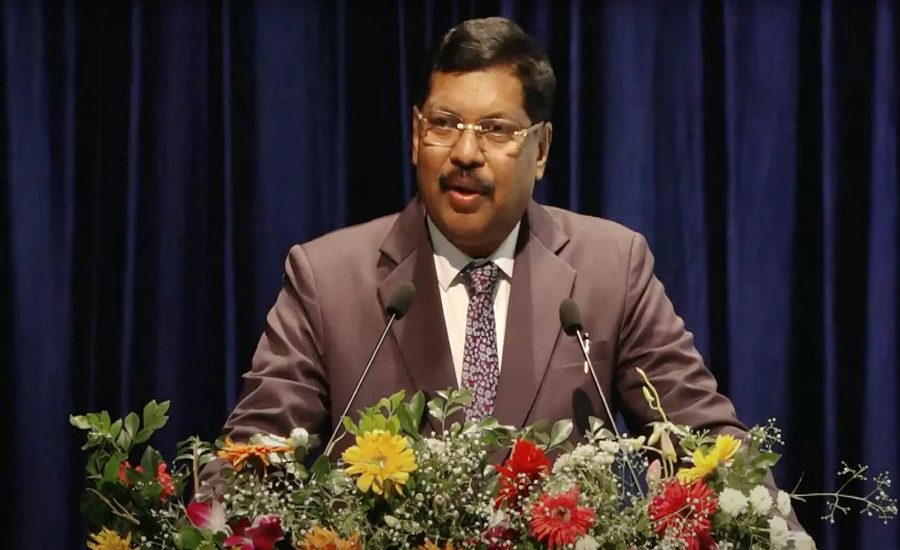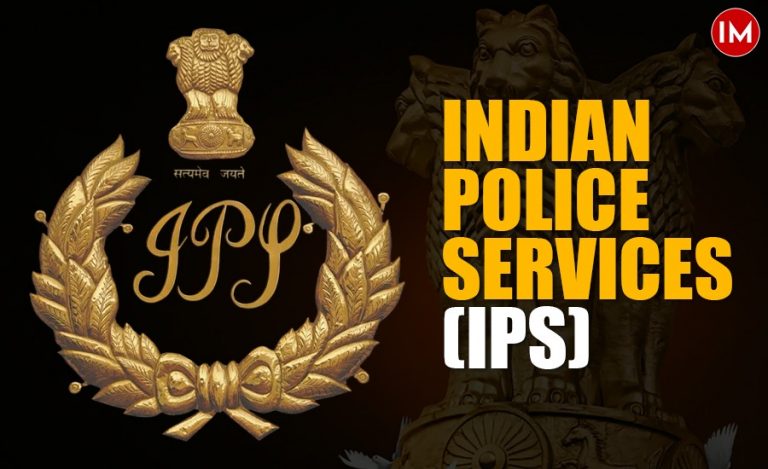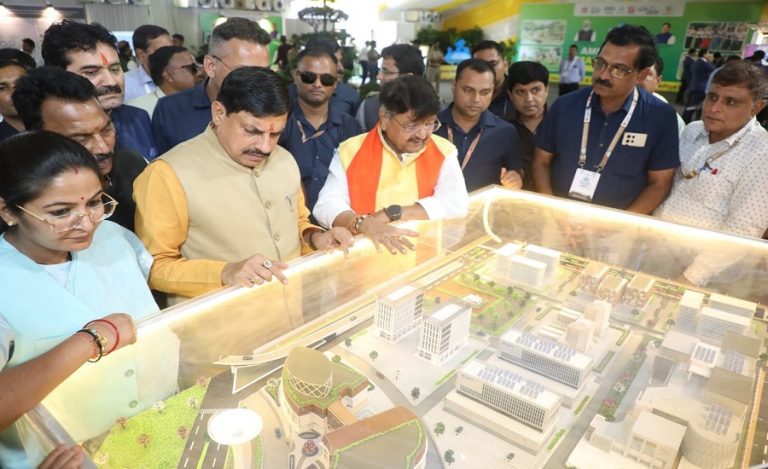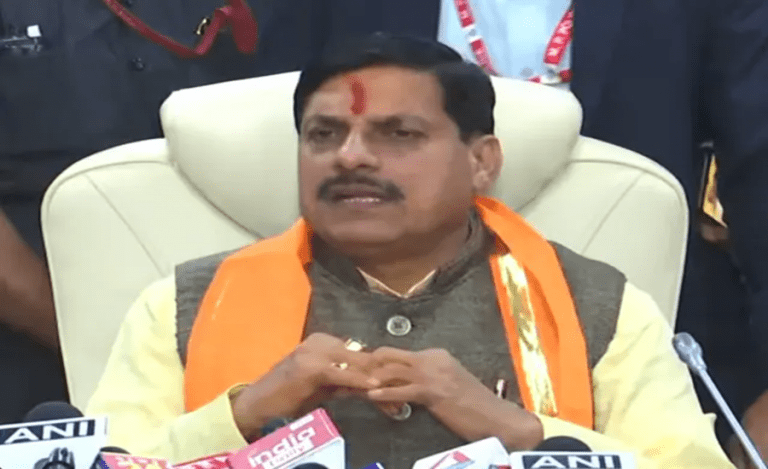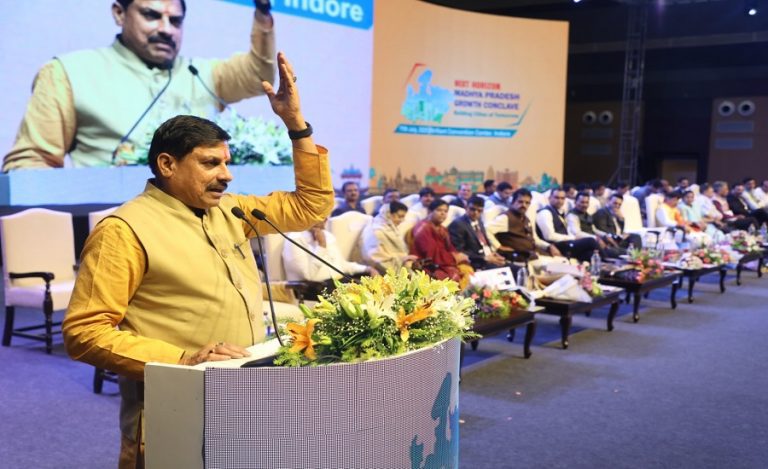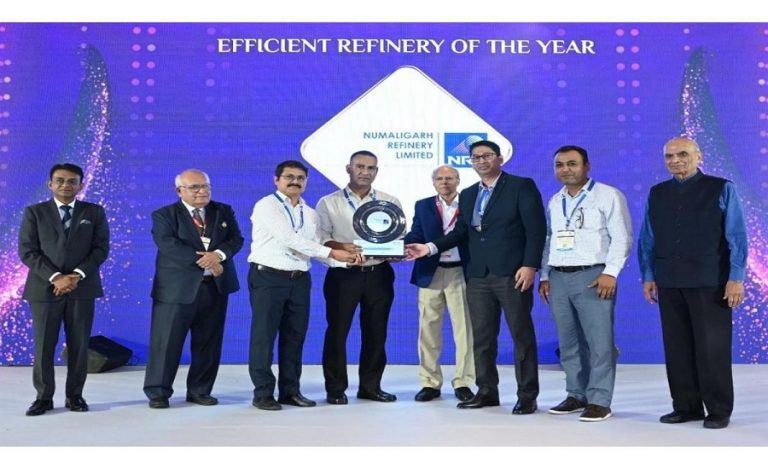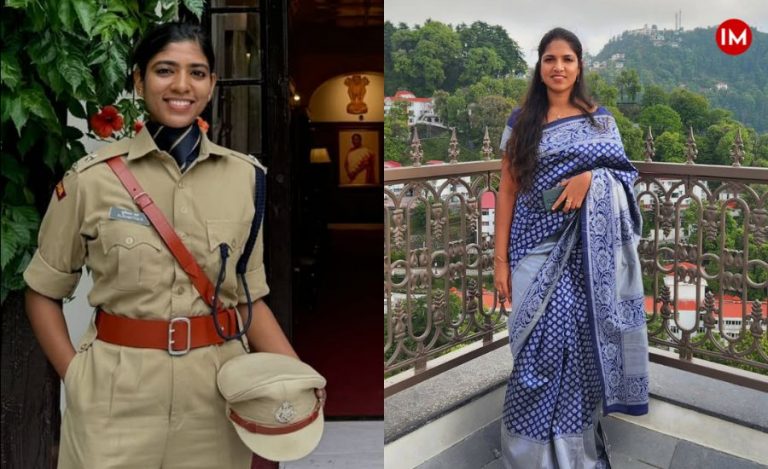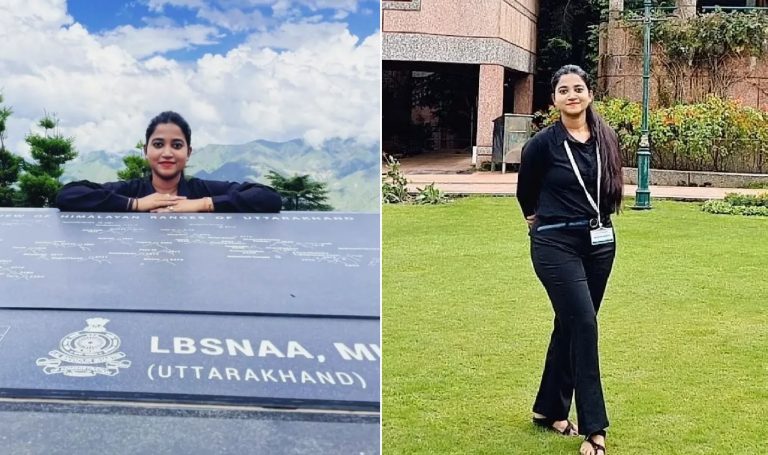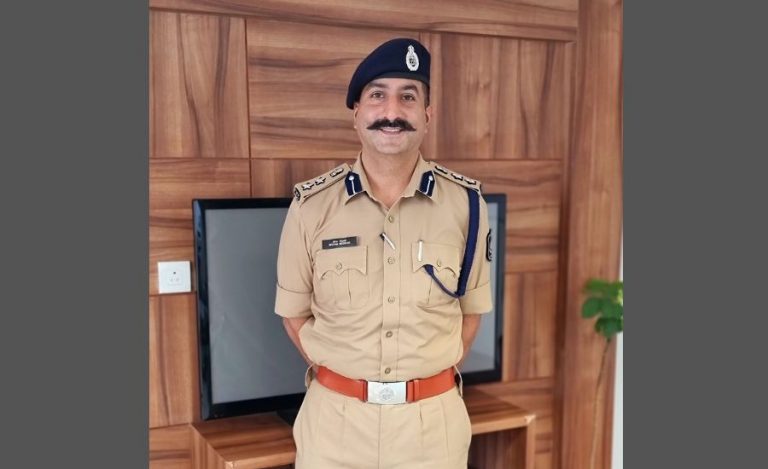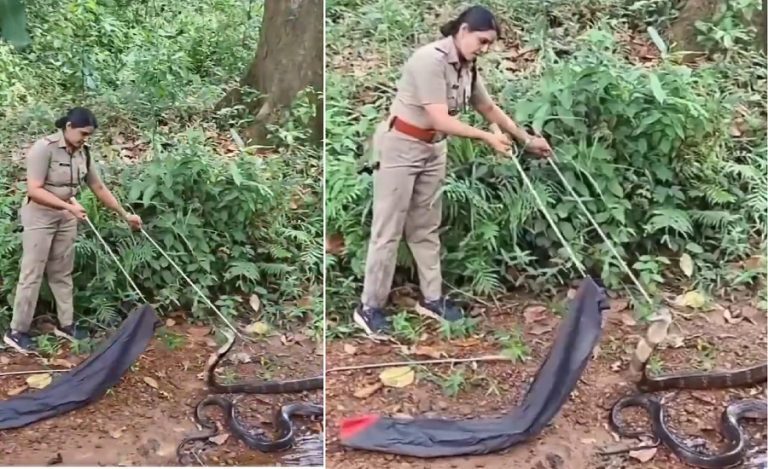New Delhi: In a key development for the Indian judiciary, Chief Justice of India (CJI) Sanjiv Khanna has officially recommended Justice Bhushan Ramkrishna Gavai, the senior-most judge of the Supreme Court, as his successor. Justice Gavai is set to take oath as the 52nd Chief Justice of India on May 14, 2025, a day after Justice Khanna retires on May 13.
The recommendation has been forwarded to the Union Law Ministry for formal approval. The President of India, Droupadi Murmu, will administer the oath of office at a ceremony in Rashtrapati Bhavan.
A Historic Appointment
Justice Gavai will become the second Dalit judge to occupy the top judicial post in India, after Justice KG Balakrishnan, who served as CJI from 2007 to 2010. Justice Gavai will hold office for approximately six months, as he is scheduled to retire in November 2025.
Distinguished Legal Career
Born on November 24, 1960, in Amravati, Maharashtra, Justice Gavai began his legal career in March 1985. He initially worked under the late Raja S. Bhonsale, former Advocate General and High Court judge, before starting independent practice at the Bombay High Court in 1987.
With a specialization in Constitutional and Administrative Law, Justice Gavai represented numerous civic and educational bodies, including the Nagpur and Amravati Municipal Corporations, Amravati University, and state-run corporations like SICOM and DCVL.
He was appointed Assistant Government Pleader and Additional Public Prosecutor at the Nagpur Bench of the Bombay High Court in 1992 and promoted to Government Pleader and Public Prosecutor in 2000.
Justice Gavai was appointed Additional Judge of the Bombay High Court in 2003, serving at multiple benches including Mumbai, Nagpur, Aurangabad, and Panaji. He was elevated to the Supreme Court on May 24, 2019.
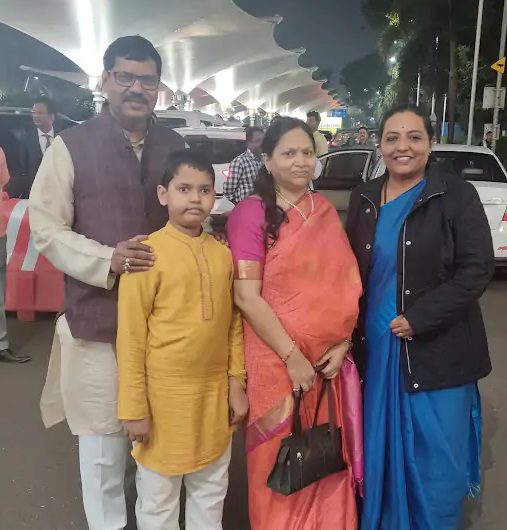
Notable Judgments
During his tenure at the Supreme Court, Justice Gavai has been part of several landmark verdicts, notably:
- Upholding the Modi government’s 2016 demonetisation decision
- Striking down the electoral bonds scheme as unconstitutional
A Transition in Leadership
It is a tradition that the sitting Chief Justice of India (CJI) recommends the name of their successor only upon receiving a request from the Law Ministry. The term of the current CJI, Justice Sanjiv Khanna, ends on May 13. Following this, Justice Bhushan Ramkrishna Gavai is set to become the 52nd Chief Justice of India.
Justice Gavai is next in the order of seniority after CJI Khanna, and therefore, Justice Khanna has recommended his name. However, Justice Gavai’s tenure will be relatively short – just seven months. He is scheduled to retire on November 23, 2025.
Justice Gavai will take over at a pivotal time for the judiciary, with ongoing discussions around judicial reforms, case backlogs, and the use of technology in courts. His experience and judicial acumen are expected to guide the Supreme Court through this transitional phase.
Chief Justice’s Appointment Process
The appointment of the CJI follows a well-established process rooted in both constitutional provisions and judicial convention. While the power to appoint lies with the Central Government, the process is guided by a long-standing tradition of seniority and consultation.
Who Becomes the CJI?: As a rule of practice, the senior-most judge of the Supreme Court is appointed as the Chief Justice of India. The tenure of the CJI is determined by the time left before the judge reaches the retirement age of 65. Over the next seven years, eight judges are in line – based on seniority – to assume the top post in India’s judiciary.
Three-Stage Appointment Process: The Memorandum of Procedure (MoP) outlines the steps for the appointment of the CJI-
- Recommendation by the Current CJI:
One month before retirement, the Union Law Minister formally requests the outgoing CJI to recommend the name of their successor. For example, CJI DY Chandrachud had recommended Justice Sanjiv Khanna for the post via a letter dated October 17, 2024. - Processing by the Law Ministry:
The recommendation is sent to the Prime Minister by the Law Minister. - Appointment by the President:
The Prime Minister forwards the recommendation to the President of India, who formally appoints the next CJI.
Constitutional Authority, Conventional Practice: While the Constitution gives the Central Government the authority to appoint the Chief Justice, in practice, the government adheres to the seniority principle and appoints the judge recommended by the outgoing CJI. This convention ensures the independence and continuity of the judiciary.

